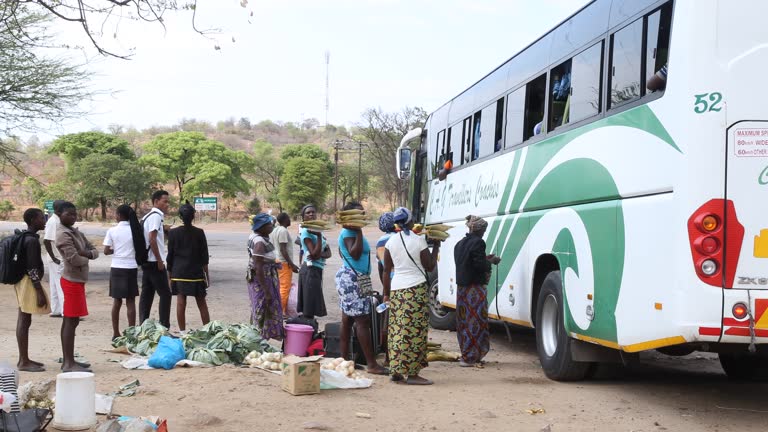ZIMBABWEANS BUY ANYTHING: A Reflection on Poverty, Pride, and the Need for Financial Literacy
By Chiyedzo Josiah Dimbo
Ambassador of Hope
“When I came to Zimbabwe, I was shocked – people buy everything! They buy out of bus windows, they buy at every corner, they buy all day and all night. In China, we budget. Here, people just buy.” — A Chinese Shop Owner in Zimbabwe
Zimbabwe is a land of resilience, creativity, and enterprise. We are people who make a way where there seems to be no way. Yet beneath this vibrancy lies a dangerous weakness — the lack of financial literacy and the spirit of poverty driving us to spend without thinking.
We have become a consumer society without the wisdom of disciplined buying. We are quick to spend but slow to invest. We value the stomach more than the future. We are trapped in an endless cycle of buying for today instead of building for tomorrow.
The Culture of Buying Without Thinking
From downtown Harare to rural growth points, our markets are full. Vendors do brisk business from sunrise to sunset. Even bus windows have become shopping malls. But here is the painful truth: most of what we buy, we don’t need.
Zimbabweans are addicted to consumption. We spend wages before they reach home. We buy food every day instead of planning meals. We buy clothes for status, not necessity. We buy airtime in small amounts countless times instead of budgeting once. We buy entertainment gadgets while our children’s school fees remain unpaid.
Even our leaders are not spared. A minister with a giant TV buys an even bigger one, just to prove status. A businessperson who receives $50,000 rushes to buy a car or a house, instead of reinvesting in the enterprise.
This culture of “buy now, think later” is not prosperity — it is poverty with a mask.
Poverty in Disguise
The Chinese businessman is right: Zimbabweans appear rich because we are always buying, but we remain poor because we never plan.
We buy because we fear scarcity, yet by doing so, we create the very scarcity we fear. Our poverty is not only in our wallets but in our mindset. A spirit of poverty whispers, “Spend it now, tomorrow is not guaranteed.” And so tomorrow comes, and we remain broke.
While other nations build wealth through savings, investments, and budgets, we are building clutter in our homes and debt in our lives.
Lessons We Must Learn
1. Financial Literacy Must Be a National Priority.
Schools, churches, communities — all must teach budgeting, saving, and investing. It should be as important as learning to read and write.
2. Shift from Consumption to Production.
Instead of rushing to buy, let us rush to create. The person who produces and sells is the one who grows rich, not the one who endlessly buys.
3. Break the Spirit of Poverty.
Poverty is not only lack of money — it is lack of discipline, foresight, and self-control. True wealth begins with mastering yourself.
4. Adopt the Wisdom of the Budget.
In China, families shop once a month with a list. In Zimbabwe, we must learn the same discipline: buy what you need, not what tempts you.
A Call for Change
As Zimbabweans, we must wake up. Our children deserve better than a legacy of reckless consumption. Our future requires more than buying things that fade.
The greatest investment we can make is in knowledge, in industry, and in building assets that will outlive us. We must reject the empty pride of showing off what we buy and embrace the true dignity of what we build.
The world is watching us — not because of our wealth, but because of our buying habits. Let us not be remembered as the nation that bought everything and built nothing.
Let us be the generation that broke the cycle of poverty-thinking, embraced financial wisdom, and built a Zimbabwe of lasting prosperity.




